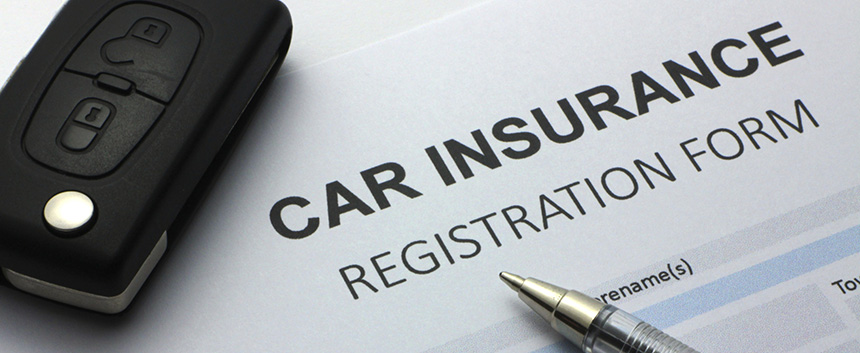
What Are the Main Types of Auto Insurance?
There are four main types of auto insurance are available: liability, uninsured or underinsured motorist, collision and comprehensive, and personal injury. Most states require drivers to carry certain types of auto insurance.
Liability Insurance
Liability insurance is usually considered a necessity, and many states have a minimum legal requirement for liability coverage. This type of insurance helps protect against injury claims and property-damage suits (up to policy limits) brought by other drivers, pedestrians, or property owners if you are at fault in an accident. Your liability policy helps pay for injuries suffered by others and the costs of damage to other people’s property, as well as legal costs, if necessary, up to a dollar limit.
You can choose a policy with an overall limit for all liabilities, or you can select one with separate limits for (1) individuals injured in an accident, (2) all injuries in the same accident, and (3) property damage.
Uninsured or Underinsured Motorist Coverage
A policy with an uninsured motorist provision will pay damages if an uninsured motorist or a hit-and-run driver injures you and/or your passenger(s). You cannot buy more coverage against an uninsured driver than you carry yourself in liability. For example, if you carry $25,000 coverage per person and $50,000 per accident, you can buy only up to those amounts of coverage against an uninsured driver. You can also add protection against inadequate insurance coverage by another driver who injures you or damages your property in an automobile accident. This provision means that your policy will pay for injuries or damage that the other driver's policy does not.
Collision and Comprehensive Coverage
Collision insurance reimburses you for repair costs to your vehicle resulting from a collision. Collision insurance helps reimburse you for repair costs if your vehicle is damaged in an accident or collision. This coverage is usually the most expensive. Comprehensive coverage helps pay for damage due to fire, storm, vandalism, or theft. If a lender holds a lien on your car, the lender will probably require you to pay for both collision and comprehensive insurance. To lower the cost of this kind of insurance, you may choose a higher deductible. Although this increases your out-of-pocket expenses in the event of an accident, it may substantially cut the cost of your premiums.
Personal Injury Protection
Residents of states with “no-fault” insurance must buy personal injury protection. Personal injury insurance will pay your medical expenses in the event of an automobile accident, regardless of who was at fault. By purchasing this protection, you agree not to sue for any suffering or injury you may sustain.
Whether or not your state requires certain types of auto insurance, it may be a good idea to purchase multiple types to ensure that you are covered for many possible situations. In the event of a traffic collision, you don't want to be left with bills that you cannot pay.
The information in this newsletter is not intended as tax, legal, investment, or retirement advice or recommendations, and it may not be relied on for the purpose of avoiding any federal tax penalties. You are encouraged to seek guidance from an independent tax or legal professional. The content is derived from sources believed to be accurate. Neither the information presented nor any opinion expressed constitutes a solicitation for the purchase or sale of any security. This material was written and prepared by Broadridge Advisor Solutions. © 2025 Broadridge Financial Solutions, Inc.
